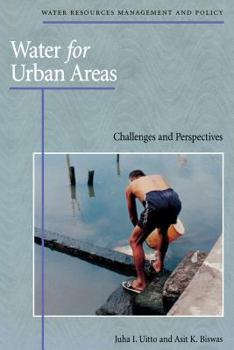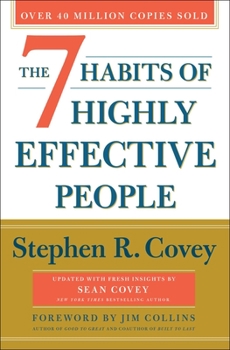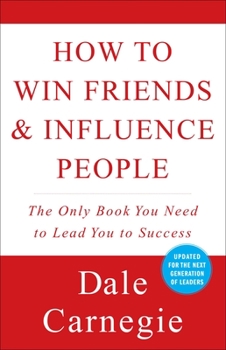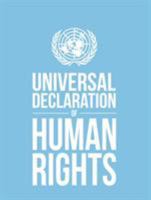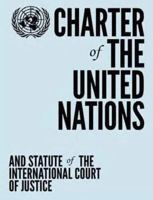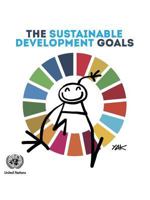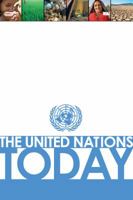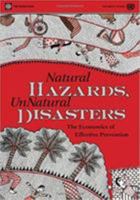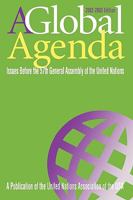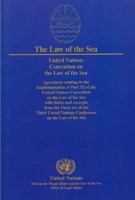Water for Urban Areas: Challenges and Perspectives
For the first time in history, half of the world's population is living in cities. By the year 2025, it is estimated that more than two-thirds will be urban dwellers. While the fastest growth of cities is taking place in the developing world, urbanization is a global phenomenon, closely related to environmental issues. The rapid growth of urban centers will place tremendous stress on the environment and pose formidable problems of social and institutional change, infrastructure development, and pollution control. Water will be one of the key resources for sustainable urban development. It is needed for virtually every human endeavor--for household use, agriculture, industry, leisure--and water also has an important ecosystem function. Provision of sufficient water and preventing pollution however, are formidable tasks. It is estimated that about 380 million urban residents worldwide lack adequate sanitation and at least 170 million still do not have access to a nearby source of safe drinking water. Making clean water available in the next forty or so years will require extending service to 3.7 billion more urban residents. In this book, leading experts from four continents offer unique insights into varied issues of urban water management. In case studies, the authors seek solutions and identify strategies for sustainable management of water resources for burgeoning mega-cities. They consider both technical issues, such as wastewater reuse, and management issues, including financial mechanisms for improved water sector management. This description may be from another edition of this product.
Format:Paperback
Language:English
ISBN:9280810243
ISBN13:9789280810240
Release Date:January 2000
Publisher:Brookings Institution Press
Length:264 Pages
Weight:0.84 lbs.
Dimensions:0.6" x 6.2" x 9.2"
Based on Your Recent Browsing
More by United Nations
Customer Reviews
0 customer rating | 0 review
There are currently no reviews. Be the first to review this work.






